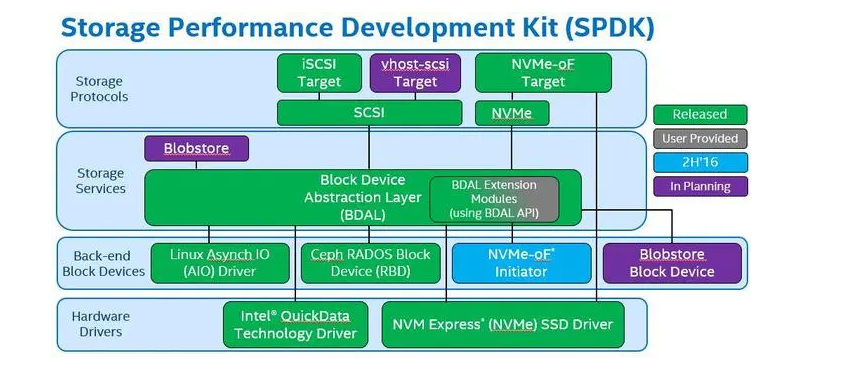The role of operational capabilities in company valuation has been a subject of interest and research in the field of strategic management. Operational capabilities refer to a firm’s ability to effectively utilize its resources, processes, and systems to deliver products or services. These capabilities can include factors such as efficient production processes, effective supply chain management, technological innovation, quality control, and customer relationship management.
Several studies have explored the relationship between operational capabilities and company valuation. They highlight how these capabilities can contribute to enhancing a firm’s competitive advantage and ultimately influence its financial performance and market value. Here are some key findings from the literature:
Enhanced efficiency and cost reduction: Strong operational capabilities enable firms to achieve higher levels of efficiency in their operations, resulting in cost reductions. This leads to improved profitability and cash flow generation, positively impacting company valuation.
Differentiation and product innovation: Effective operational capabilities can support firms in developing unique products or services that meet customer needs more effectively than competitors. This differentiation can lead to increased market share, revenue growth, and higher company valuation.
Supply chain management: Well-developed operational capabilities related to supply chain management, including inventory control, logistics optimization, and supplier relationships, can improve responsiveness to customer demands while reducing costs. Such improvements enhance the overall competitiveness of the firm.
Flexibility and agility: Operational capabilities that foster flexibility and agility allow companies to adapt quickly to changing market conditions or customer requirements. This adaptability enhances their ability to seize opportunities or mitigate risks promptly, positively influencing company valuation.
Quality control and customer satisfaction: Companies with strong operational capabilities for quality control can deliver high-quality products or services consistently. This results in higher customer satisfaction levels, leading to repeat purchases, positive word-of-mouth recommendations, and increased brand value.
It is important to note that the impact of operational capabilities on company valuation may vary across industries and contexts. Additionally, other factors such as financial performance indicators (e.g., revenue, profitability, and cash flow) and market dynamics also influence company valuation.
Overall, the literature suggests that operational capabilities play a significant role in shaping company valuation. Firms that effectively develop and leverage their operational capabilities are more likely to achieve sustainable competitive advantages and create long-term value for shareholders.
内容由零声教学AI助手提供,问题来源于学员提问





















